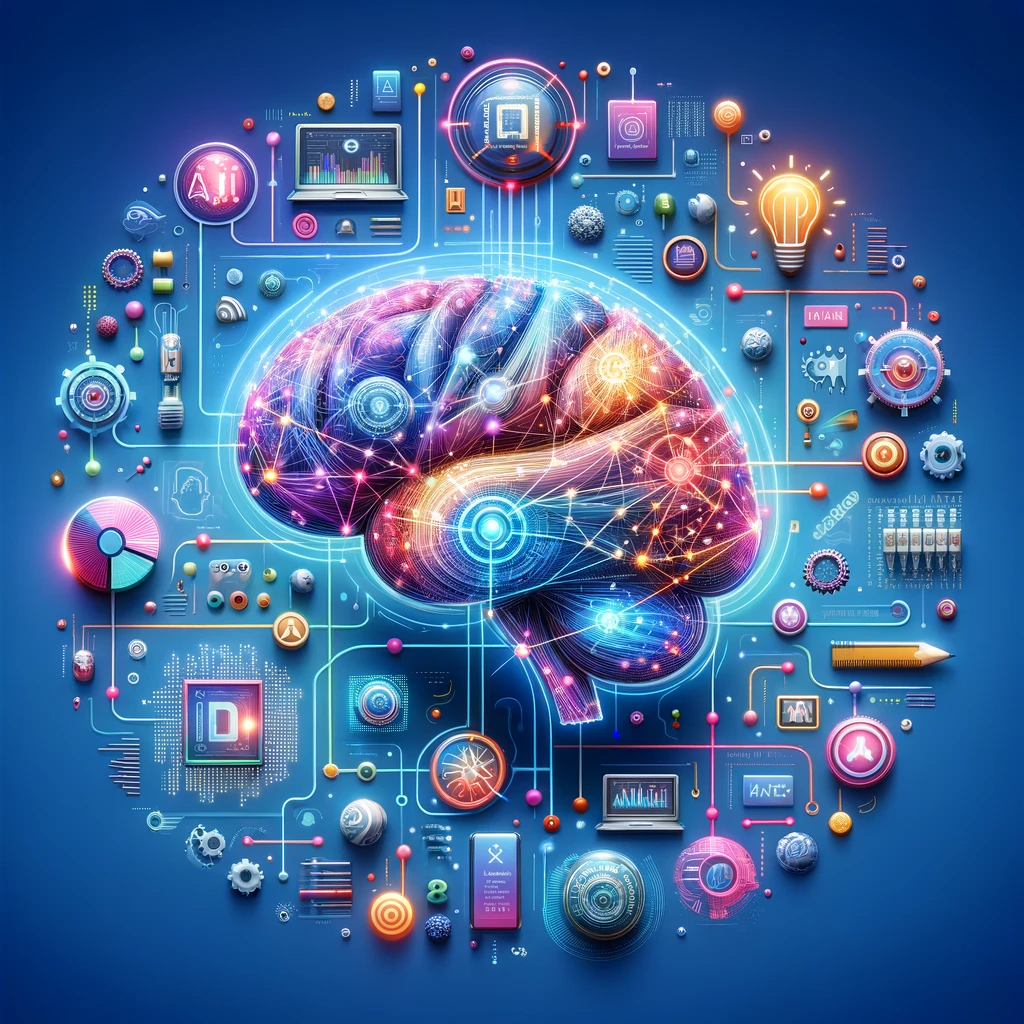Introduction
ADHD often makes daily organization feel overwhelming. Tasks may pile up, schedules can get confusing, and distractions interrupt focus. However, artificial intelligence is stepping in as a powerful ally. With ai adhd tools, individuals can create structured routines that match the way their minds naturally work. By turning big tasks into clear steps and offering adaptive reminders, these tools help ADHD users bring order to daily life.
The Need for Smarter Task Structure
People with ADHD frequently struggle with executive function, which includes planning, prioritizing, and time management. Traditional planners or reminders often fail because they rely on constant manual effort. In contrast, ai adhd tools automate the process. They provide structure without demanding constant attention, allowing users to focus on what truly matters.
Why Daily Structure is Crucial
Without structure, small tasks can spiral into overwhelming challenges. By using ai adhd apps, individuals gain support in breaking routines into manageable segments. This minimizes stress and helps prevent procrastination, making it easier to stay consistent over time.
AI ADHD Tools That Simplify Planning
Artificial intelligence personalizes organization by adapting to unique behaviors. Instead of offering a one-size-fits-all method, ai adhd systems learn from user patterns to create effective daily plans.
Breaking Down Routines
For ADHD minds, a vague task like “clean the house” may feel impossible. Ai adhd tools can divide this into clear, actionable steps such as “pick up clothes,” “wash dishes,” and “vacuum floor.” This structured approach makes progress visible and manageable.
Intelligent Reminders
Unlike static reminders, ai adhd apps send adaptive alerts. For example, if a user snoozes a task repeatedly, the app might suggest a different time or a smaller version of the task. These smart nudges help keep momentum going without feeling overwhelming.
Prioritization Through AI Support
One of the biggest challenges for ADHD is prioritizing tasks correctly. Artificial intelligence helps solve this by analyzing urgency and importance.
Automated Sorting
Ai adhd tools can automatically rank daily tasks. This reduces decision fatigue and ensures energy is spent on the most critical activities.
Reducing Overload
By filtering out low-priority tasks, ai adhd apps prevent users from becoming buried under too many choices. This streamlining helps maintain focus and reduces anxiety.
Boosting Consistency with AI ADHD Tools
Consistency is often the missing piece in ADHD productivity. With adaptive AI, staying on track becomes easier.
Personalized Scheduling
Ai adhd systems adjust schedules to match personal rhythms. If mornings are more productive, key tasks are placed earlier in the day. If focus dips in the afternoon, lighter activities are suggested.
Building Productive Habits
Over time, ai adhd apps reinforce good habits. By repeating structured steps daily, users start forming automatic routines that reduce reliance on external reminders.
The Long-Term Benefits of AI ADHD Solutions
The impact of ai adhd tools goes beyond daily checklists. They create a foundation for sustainable growth, making everyday life less chaotic and more balanced. With consistent use, these apps not only increase productivity but also improve confidence in managing responsibilities.
Conclusion
Daily structure is essential for managing ADHD, but building it alone can feel impossible. Ai adhd tools provide the support needed to break down tasks, prioritize effectively, and create personalized schedules that stick. By turning overwhelming routines into achievable steps, they transform daily life for the better. With ai adhd solutions, staying organized is no longer a constant battle but a realistic path toward consistency and success.
